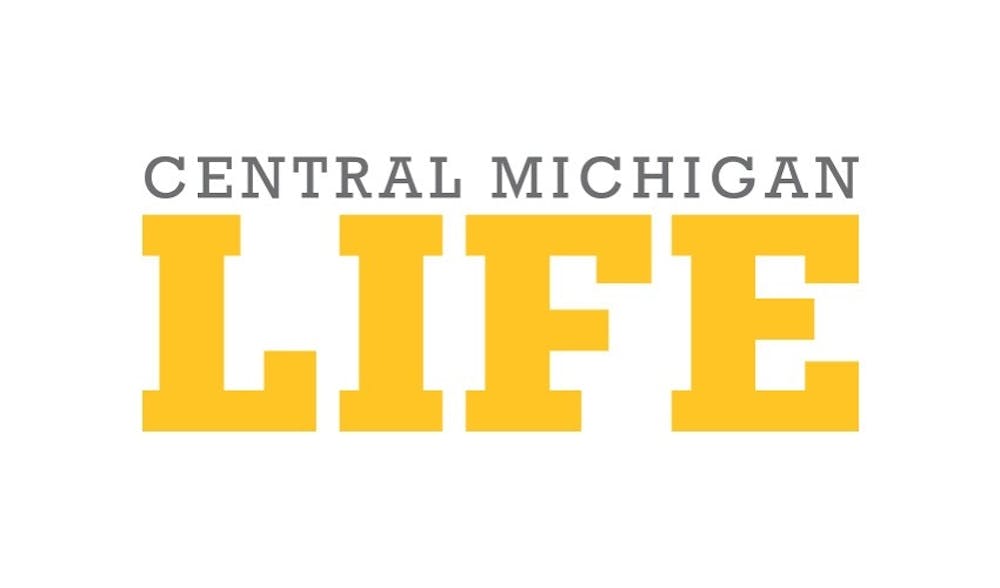LETTER: All members of society must work together to ease diversity tension
TO THE EDITOR:
First, I would like to thank Ben Solis for his April 10 column and opening another avenue for dialogue on Central Michigan Universities campus about all inequality issues, including issues related to discrimination based on race, gender, ability or sexual orientation.
I am also an able-bodied white male beneficiary of white privilege and as such I have not experienced the structural inequalities that many individuals inside our community and throughout our society experience every day.
However, as a student of the human condition I make an honest effort every day to be knowledgeable and conscientious regarding these issues. I was apprehensive, prior to writing this opinion, as to whether or not I was the appropriate choice to write about this issue.
Issues of inequality, racism, wage discrimination, sexual orientation, rape culture and misogyny, to list a few, that confront our culture today are innumerable. The structural nature of these inequalities make them difficult, but not impossible, to overcome.
All of these issues will require the commitment and organized cooperation of all members of our culture to achieve equality in every respect. There exists a belief in our culture that if an individual is not a member of a minority community they have no business in calling out inequality in support of that minority community.
It’s my opinion that this belief not only limits our culture’s ability to respond to and educated about inequality, but places an enormous burden upon minority communities to do it all themselves, and results in the further isolation of those communities.
First, we can learn to recognize these inequalities in our daily lives like white privilege.
Second, we can do research to educate ourselves such as seeking out literature on the subject.
Third, we can have meaningful discussions with our friends and family and use those discussions for education.
Fourth, we can join organizations and movements that advocate for equality like the Human Rights Campaign. Lastly, we can listen, truly listen to those affected by these inequalities.
Jeremy Cunningham,
CMU junior







